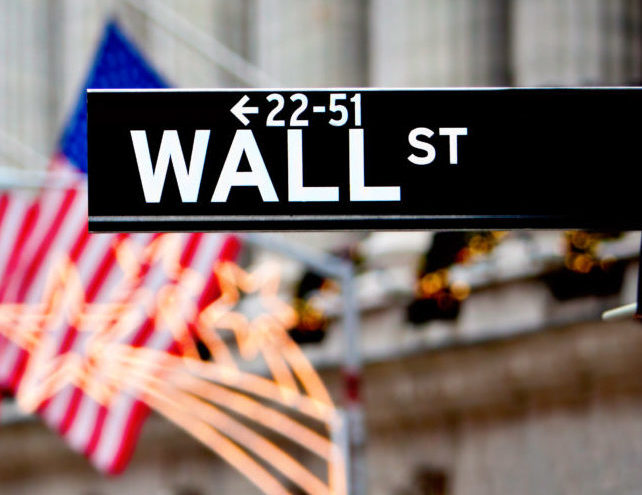FAQ: Now that the market has corrected and is down, should I be doing anything different with my retirement investments?
Answer: This is an excellent question that we have been getting often since mid-March.
As the COVID-19 crisis continues to engulf our world in uncertainty, that lack of clarity has translated through to the manic-depressive stock market. The market selloff in mid-March was historic, with the S&P 500 bottoming out about 37% below its all-time high just a few weeks prior.
In addition to a panicky stock market, the traditional safe investments, like treasury bonds were hitting historic highs with the 10-year treasury offering record low yields (in the bond world, yield and price are negatively correlated, so when one goes up, the other falls) of .5% or less. Essentially, valuations of equities, especially when compared with bonds, seemed compelling.
However, the disparity was short-lived as the market remained at or near its lows for only a few days and immediately turned upwards, recovering more than half its losses.
Now, with exceedingly low yields on bonds (do I really want to lend the government money for 10 years and get less than 1% interest each year?) and a recovering stock market, should you change your allocation?
The answer depends on the traditional metrics of financial planning such as age, risk tolerance, time frame, and goals. If you are retired and drawing from your portfolio to provide your retirement income, you may not have the ability to take risks with that money. Volatility can be deadly to money you need to live off of for the next 3-5 years.
However, for those of you who are younger, have more than 5 years to retirement, and have a relatively high-risk tolerance, this may be an excellent time to move your portfolio to a more aggressive posture to take advantage of cheap valuations in equities and sell bonds at historically high prices.
Be smart, make your allocation decision based on your circumstances, and if you have the ability to weather the COVID-19 storm, take advantage of the opportunity presented. However, the stock market is not a casino. Do not gamble money you need in the near future on a hunch.

